Austrian and Serbian presidents on sanctions against Russia
Serbian and Austrian president Heinz Fischer and Tomislav Nikolić warned on Thursday about the consequences of introducing sanctions against Russia.
Thursday, 27.03.2014.
17:17

Austrian and Serbian presidents on sanctions against Russia
Fischer, whose country is a member of the European Union, was also quoted as saying that "introducing certain sanctions is, unfortunately, easier than lifting them later," and adding:"In that sense, the long-term perspective must remain for different nations in Europe and on the borders toward Europe, to, peacefully and with mutual trust, live together and cooperate economically with as few obstacles and possible."
"Tomislav Nikolić, whose country, as a consequence of the Balkan conflicts, had sad experiences with Western sanctions, also said that 'great caution must be shown there'," the statement said.
The release noted that "Serbia did not join the EU and U.S. sanctions against Moscow, which is Belgrade's most important ally in the fight against Kosovo's independence," and added:
"On the subjects of comparisons between Kosovo's secession and that of Crimea, President Nikolić said that 'international law cannot be determined on a case by case basis, but rather, rules are need - but rules are not always there'."
"Wait for them to reconcile"
In its report from Vienna, Tanjug quoted Nikolić as saying that after Serbia gets a new government "it will meet its obligations along the EU path more quickly.""You can expect that, after the formation of the government, Serbia will meet its obligations more quickly, and how fast the EU wants Serbia in its membership - that will depend on the European Union, enlargement fatigue, economic crisis," Nikolić said at a joint press conference after the talks with Austrian President Heinz Fischer.
The new government will be formed based on the decisive victory of one political option that advocates for Serbia's EU membership, Nikolić said, underlining that the new convocation of the Serbian parliament will not contain a single parliamentary group that is against Serbia's EU path.
"We can expect that our progress toward the EU will be accelerated," Nikolić underscored.
He also said that the new government will be committed to the fight against corruption and justice system reform.
Fischer confirmed that Austria will continue to support Serbia on its EU path, and welcomed Belgrade's commitment to comply with the Brussels agreement.
He noted that the relations between the two countries are at a high level.
"I would like us to use 2014 to look to the future and clearly say that a war is not an instrument for resolving conflicts," Fischer said.
He then noted that this year also marks the centenary of the beginning of World War I, and qualified the war as "a mega catastrophe".
Fisher added that he himself does not belong to the group that considers such events with prejudice, shifting the blame to others, but rather underlined that one must learn from mistakes of the past, look forward and build a common European future.
Nikolić said that meetings of historians are the adequate place for such discussions, stressing that this issue does not encumber the relations between the two countries.
"Our predecessors did what they did. A war is not a means for resolving conflicts. So many years of cooperation with Austria make us consider the war as a warning, and not as the means or reason for which we would shun future cooperation," the Serbian president noted.
He pointed to the plans to hold a joint ceremony in Serbia on the occasion of the centenary of the outbreak of World War I to which Fischer would be invited, which would be a final sign that "this war does not exist in our heads".
Speaking about the existing cooperation between the two countries, Nikolić stressed that Austria is a host to many Serbs, and that Austrian partners are the best in Serbia, and that there are numerous Austrian investments, exceeding EUR 3 billion in total.
Nikolić noted that Austria backed Serbia along the EU path, and received assurances that the country will continue to do that.
"Serbia will pursue its foreign policy in accordance with the interests of its citizens, taking into account what it can gain or lose," he said.
"We do not expect a present from the EU, nothing for free. We do not expect to be given any funds just to spend them, but rather as assistance for putting our state in order," President Nikolić explained.
He added that Serbia wants investments that will be lucrative and economically justifiable, and help create jobs for Serbian citizens.
Nikolić said that Serbia and Austria hold opposing positions on certain issues, but that will not obstruct future cooperation.
"Concerning the conflict of the great world powers following World War II, Serbia was not on one side, or the other. No one could take possession of it, neither the Eastern nor Western bloc, it remained its own and it will remain so," he said.
Speaking about the current crisis concerning Ukraine, Nikolić said that “it would be very hard for Serbia to survive without EU membership and friendship with the Russian Federation", adding that, in that context, he would recommend the new government to "wait for the great powers to reconcile."
"It is very important that the great powers decide whether there is a book on international relations, according to which anyone can resolve their own destiny. International law cannot be based on each separate case. We in Serbia fell victim to the lack of regulations in the world. They should be reintroduced and we will be the first to adhere to them," President Nikolić said.
Stressing that Serbia is on the road to recovery, Nikolić said that investors recently started coming to Serbia again - from Russia, Azerbaijan, China, Turkey and the United Arab Emirates.
"It is evident that some crisis, in which Serbia did not take part, made it clear that Serbia is a bridge between the East and the West, and that everything you invest in Serbia, you could then sell in the East and West. That is why Serbia needs to take a neutral position in relation to everything that is happening, as some country has to connect with the East and the West. The best thing is when the economy finds its own ties, as if all ties are severed, it will be no good," Nikolić concluded.






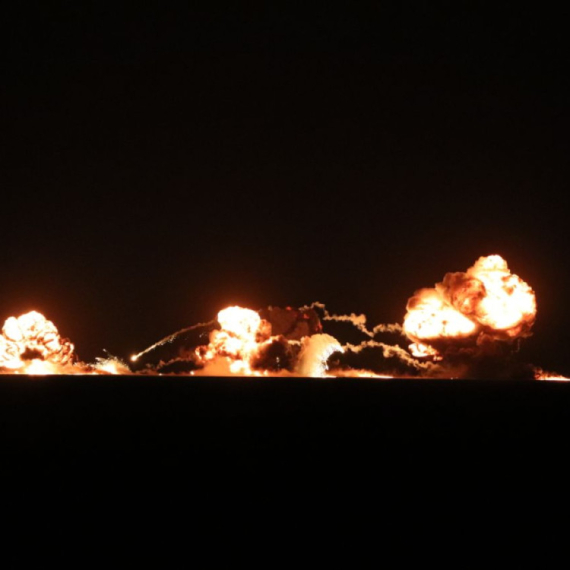




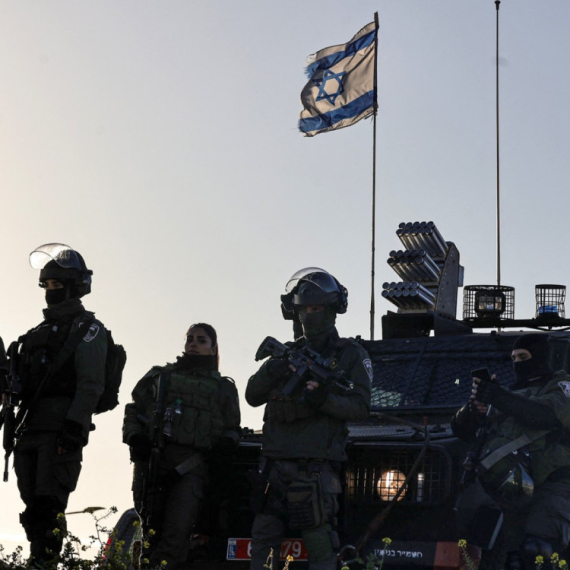
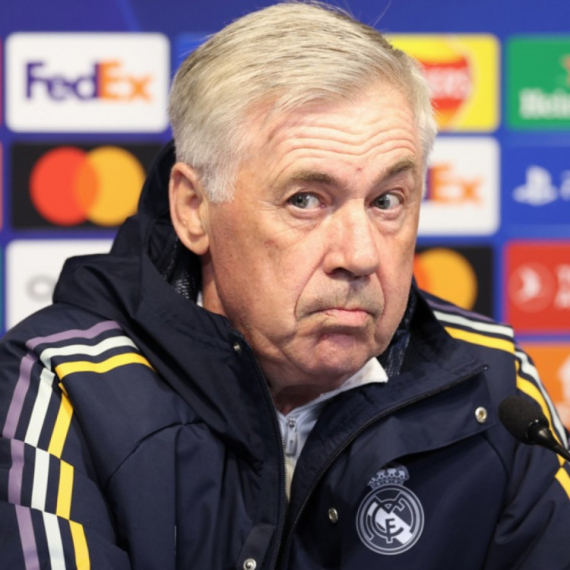

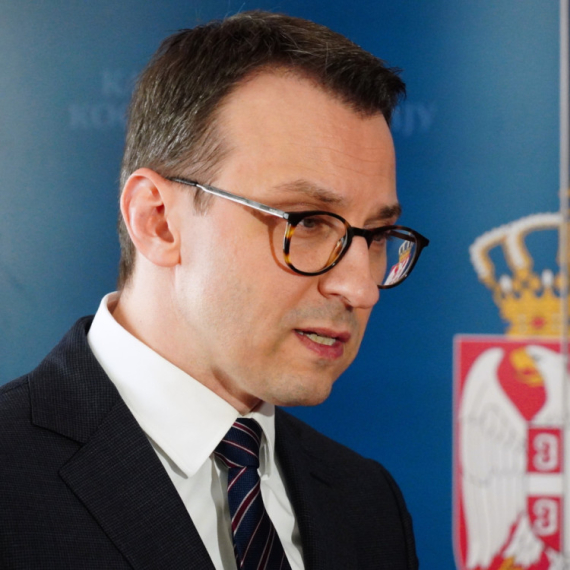
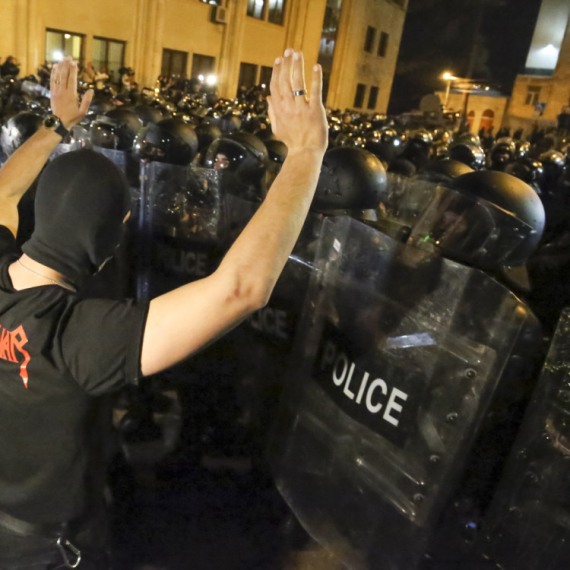
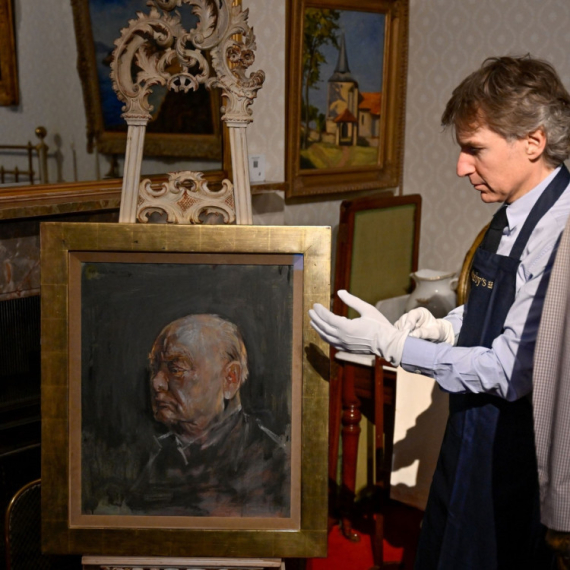
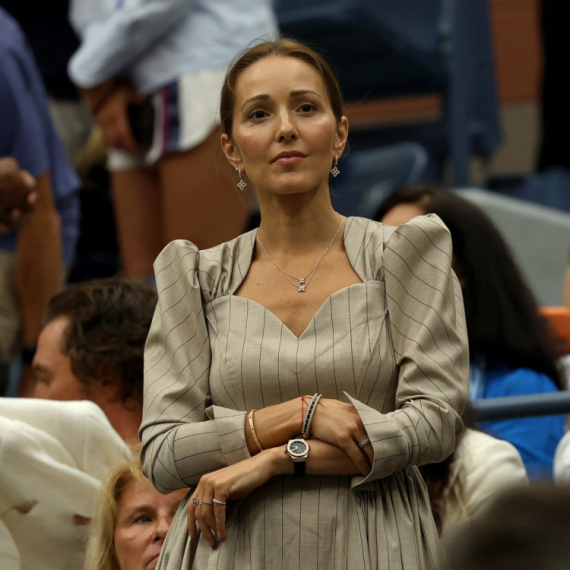


















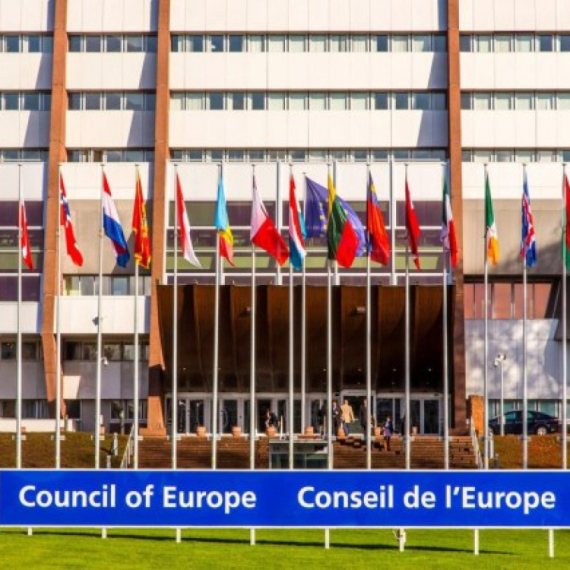





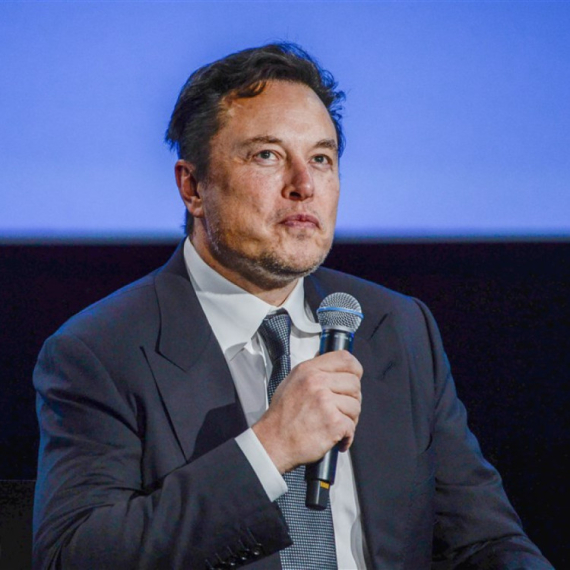



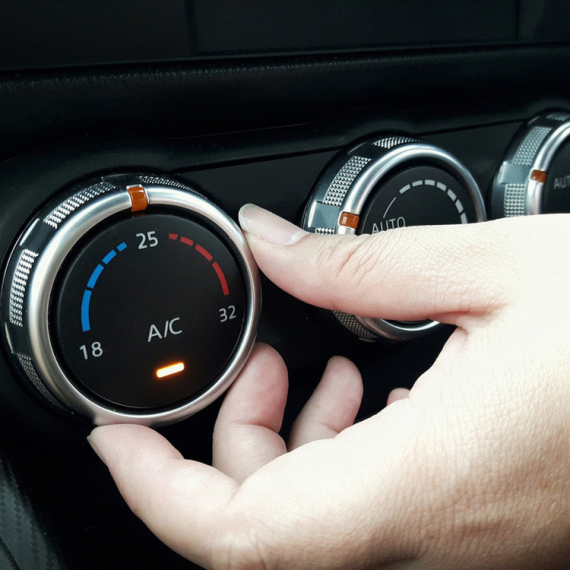
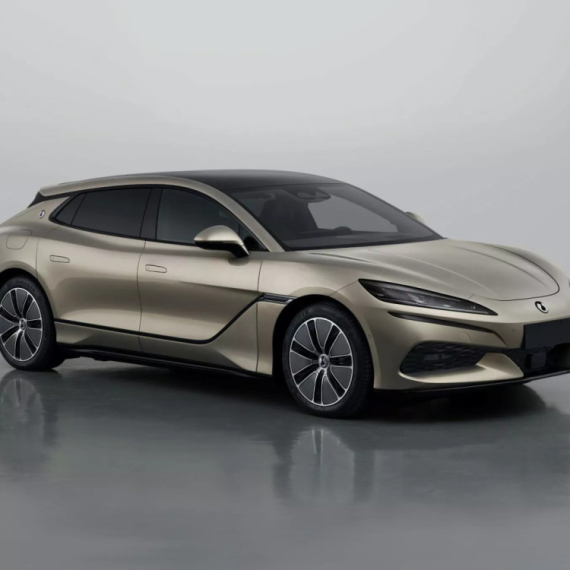
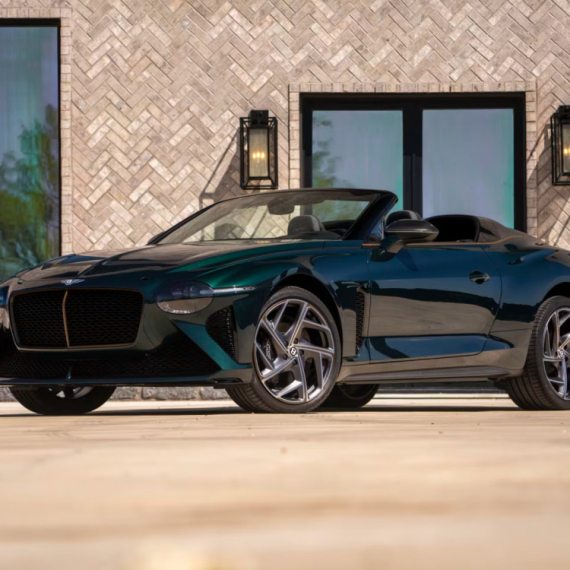
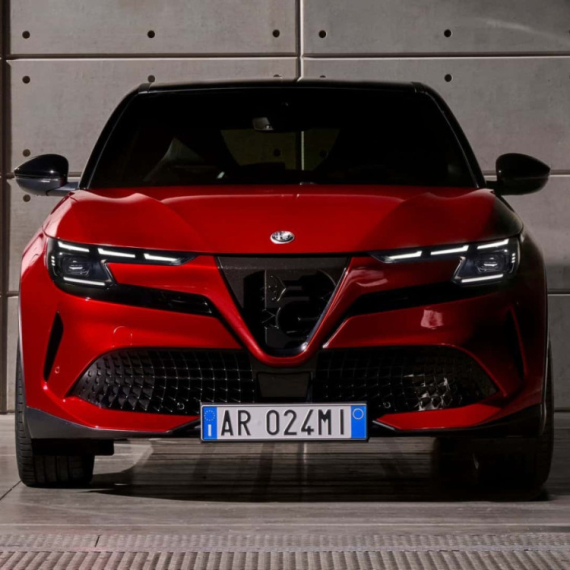

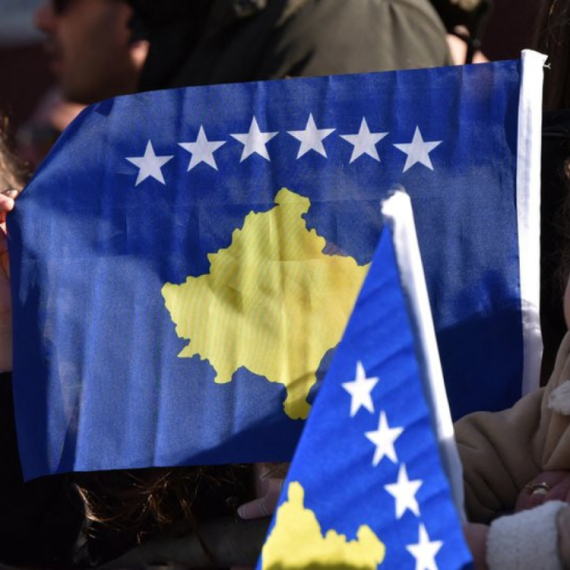





Komentari 0